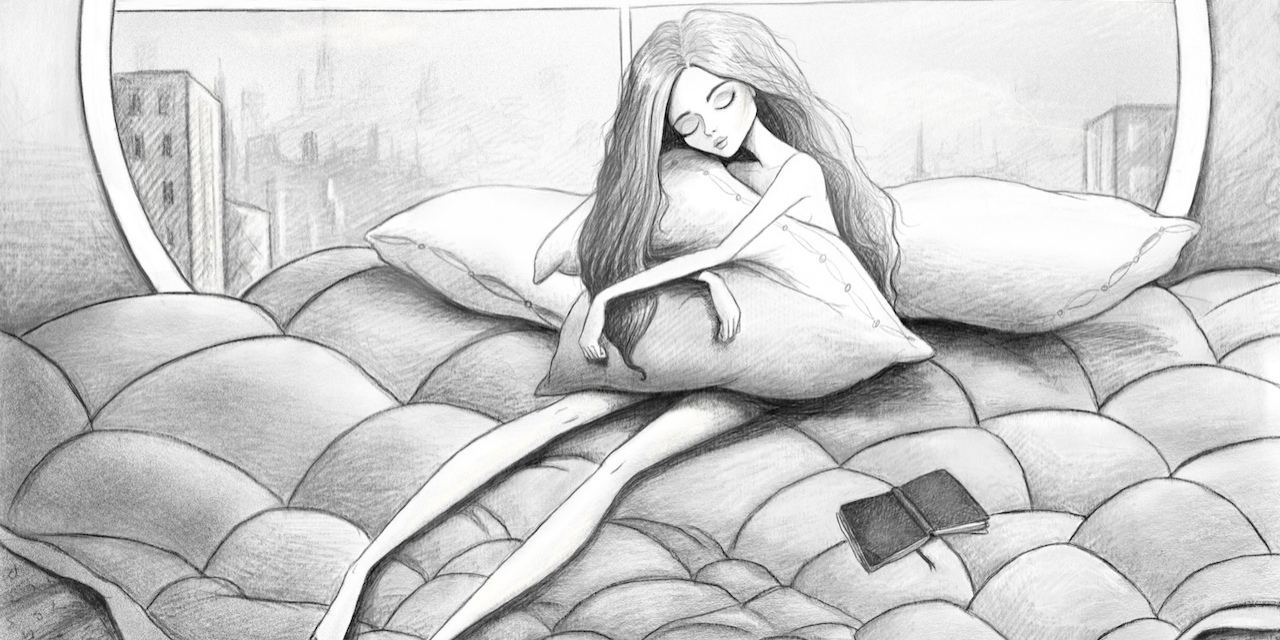
I received a message asking for advice from a person who was new to chronic illness, having just found out they had late-stage Lyme disease. In construing a reply, I came up with a bunch of things I wished someone had told me. For a good book to accompany you on this road, I once again recommend “How To Be Sick.”
The first thing I believe most people want to know when they get sick is that their life isn’t over. You’re scared, and you think your life cannot possibly continue unless it continues on the path you were already on before the illness arrived. I offer you my compassion.
Things are going to change, but I assure you, your life isn’t over. I ask you to consider that it never even paused at all. Your plans might have changed, but life is still happening, which I’m sure is evident as you watch others continue their own plans while you are forced to reconsider yours. Reconstruct, don’t abandon. I believe the ultimate goal of everything we do in life is happiness for ourselves and others, so we can enjoy ourselves and our time with loved ones, and if you’re still here, your ability to do this has changed but isn’t gone.
In the documentary film “Wake Up,” the wonderful mystic Llewellyn Vaughan-Lee said to the struggling man who sought his help:
“I just see the divine within you struggling to make itself known to you, and taking you on a journey it wants to go on… which may be not the journey you wanted to go on, your ego-self had in mind, but is the divine journey in you beginning to manifest.”
This really, really spoke to me on a core level, even though the film is not at all about illness. I don’t necessarily wholeheartedly believe that disease is predestined for a learning opportunity — illness and death are natural processes and not punishments — but I do believe the universe can guide us through any situation so that it works out for our benefit. I think my spirit wants to get the most out of this hand it’s been dealt, and you might consider that yours does, as well. “What has awoken in you is not a passing phase,” Vaughan-Lee says.
It’s OK to grieve the direction your life is no longer going. Just know there is more out there, and grieving is a part of joy. I repeat: Grieving is a part of joy. Don’t try to force yourself or your loved ones through the stages of grief faster than any of you can handle, and remember the process doesn’t follow a straight line.
You are going to be OK.
At first, you may be entirely focused on cure cure cure. You may seek validation that your symptoms are real and try to prove it to others through research, because the people in your life may not believe you, especially if your illness is invisible. If you eventually find a cure to be unavailable, you may spend long periods of time — weeks, months or longer — trying to find a treatment to slow down your disease; your loved ones might go through this, as well. If that doesn’t work out, still, your life is not over.
Buy yourself nice things. Don’t let anyone tell you that you don’t deserve nice things just because you’re sick or have to go on disability. This is the only life you have. Don’t wait to begin your life again “when [this or that] happens” because your life is already happening right now. Remember that the future is made from nothing more than present moments like these, and:
“If the present moment has peace and joy and happiness, then the future will have it also.” — Thich Nhat Hanh
Don’t let your surroundings be drab; make sure they make you feel good, mentally and emotionally. Get comfortable clothes. You probably spend more time in bed than anyone you know, so that needs to be comfortable, too. Invest in a pill organizer that doesn’t psychologically drain you. Make pain management a priority because uncontrolled pain is its own disease.
Learn to gracefully allow people to leave your life, but don’t close your heart when they go: You’ll need that open space for better people to walk into.
Be compassionate with people who don’t believe you. Remind yourself that if they truly knew how much you were really suffering, they would never treat you that way.
It’s OK to not treat your disease, because many advanced cases are incurable. It’s OK to treat your disease by any means necessary, also. If you choose one at one point, it’s OK to change your mind. It’s OK to treat some aspects of your illness and not others. You may not have any control over the disease, but don’t let anyone — not even yourself — convince you that you’re not in control of which treatments happen to your body.
There are different groups in what many call the “spoonie” community, and you’re going to find where you belong. You’ll also probably change roles many times. There are the advocates, the emotional caregivers, the writers and bloggers, the medical advisers (some of whom are actual physicians), the philosophers…
For the people who continue to advocate and fight for advancements in how to help us, including medically, thank you, for you play a part in us being heard. For those who spend their energy enhancing their mental and/or spiritual growth, thank you, for you teach us how to live day-to-day. For those who help us navigate the scientific waters and avoid snake oil salesman, thank you, for you help us use our time and money wisely in a world where physicians may not even exist to help, yet. We are all in this together.
